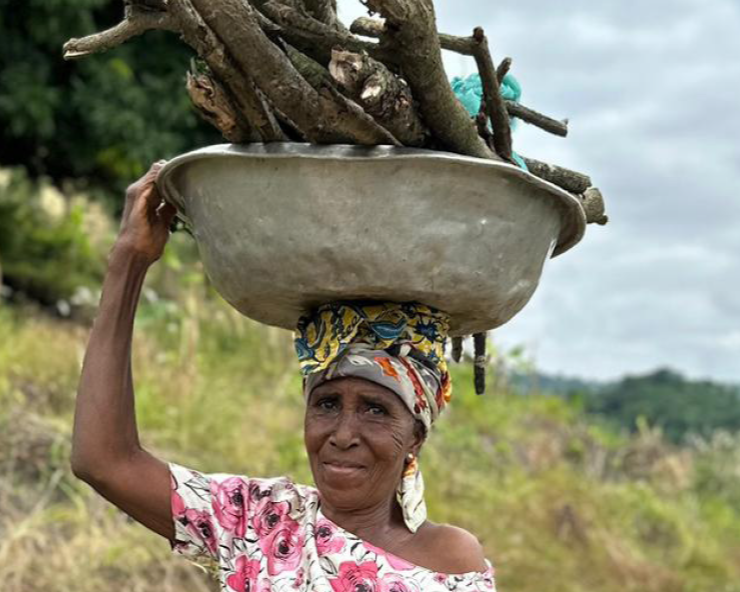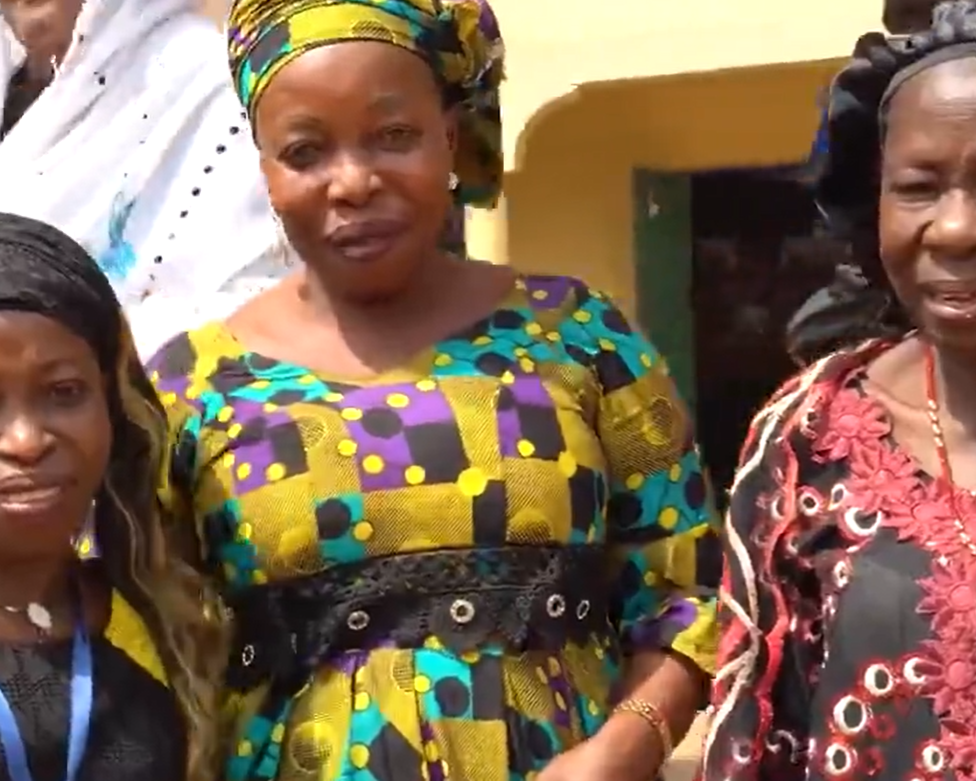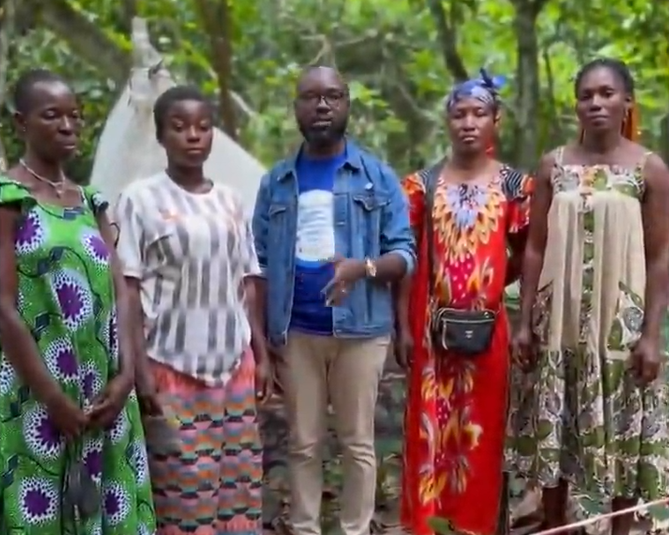Nature-based climate adaptation in the Guinean forests of West Africa by World University Service of Canada (WUSC) and Centre d’Etude et de Coopération Internationale (CECI)
Project Information
The initiative focuses on enhancing the adoption of gender-responsive and inclusive nature-based solutions (NbS) for climate change adaptation within the Guinean forests of West Africa. It aims to improve women’s leadership and promote gender-transformative, evidence-based planning processes for climate adaptation in the target zone.
The project seeks to increase the restoration of degraded forests and key habitats in a gender-responsive manner, benefiting biodiversity and involving rural communities in the Guinean forests. Additionally, it encourages gender-responsive investments in NbS for climate change adaptation, offering income potential for women and providing biodiversity benefits in the target zone.The project aims to engage diverse stakeholders to build local and regional capacity for prioritising nature-based solutions (NbS) in climate adaptation, focusing on women and marginalised groups. It will adopt a systems approach to plan, pilot, and scale NbS that enhance biodiversity and gender equality. The project assumes that restoring and reforesting degraded forests, both on and off farms, is essential for helping women and their communities adapt to climate challenges and for protecting biodiversity in this critical hotspot.
This project focuses on capacity building and the development of knowledge and tools to support gender-responsive climate change adaptation and forest restoration. Key outputs include completing genetic and EDNA-based biodiversity assessments and conducting research on local women’s knowledge about climate change and biodiversity use. These research products are shared with stakeholders at various levels.
The project provides training on nature-based solutions (NbS), gender, and biodiversity, and supports women’s organizations and community groups in advocacy and policy dialogue. It backs gender-transformative climate adaptation plans and raises community awareness of the importance of gender in governance and decision-making.
Policy engagement workshops are organized, and gender-responsive research on tree selection is completed, with multipurpose tree species distributed. Local women and community groups are trained in gender-responsive forest restoration techniques, and capacity building is provided for sustainable forest restoration.
Training and coaching enhance women’s participation in decision-making regarding forest restoration, while best-fit practices for gender-responsive landscape restoration are tested and deployed. Incentive schemes encourage community involvement, especially of women, in forest restoration.
A market systems analysis identifies nature-based business opportunities for climate adaptation, and a business competition fosters NbS and gender equality innovations. Technical support is provided to women’s groups and businesses for nature-positive cultivation and commercialization, and gender-responsive business cases and models are developed to encourage NbS investments.
Knowledge of investable gender-responsive NbS models is shared with stakeholders, promoting forest restoration and climate adaptation efforts.

Project Data
World University Service of Canada (WUSC) and Centre d’Etude et de Coopération Internationale (CECI)
Implementation Countries
News & Stories
World University Service of Canada (WUSC) / Centre d'Etude et de Coopération Internationale (CECI)
Technical Background Paper Nature-based solutions for climate adaptation in the Guinean Forests of West Africa (English version)

World University Service of Canada (WUSC) / Centre d'Etude et de Coopération Internationale (CECI)
Les solutions basées sur la nature pour l’adaptation au changement climatique dans les forêts guinéennes d’Afrique de l’Ouest

World University Service of Canada (WUSC) / Centre d'Etude et de Coopération Internationale (CECI)
NbS Guinean Forest Improving Women Leadership Video

World University Service of Canada (WUSC) / Centre d'Etude et de Coopération Internationale (CECI)
NBS Guinean Forest Project Introduction Video

